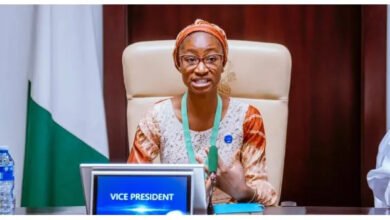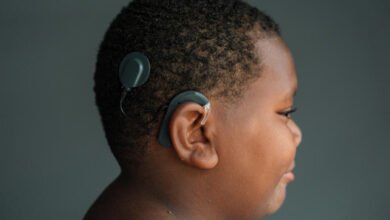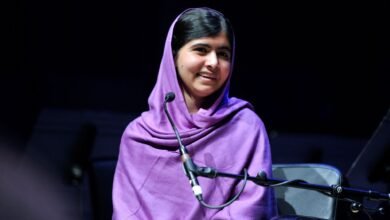14-Year-Old Nigerian Advocate Calls for Protection of Youth Digital Identities

Meet Zahra Ajetumobi, a 14-year-old Nigerian advocate for the Sustainable Development Goals (SDGs) and children’s education. In her inspiring address, Zahra spoke passionately about what digital identity truly means for young people and why it must be safeguarded.
She reminded the audience that “our communities are not just physical spaces, they are also digital spaces.” Zahra emphasized that the way technology is used determines whether those spaces are safe, inclusive, and empowering, or dangerous and exclusionary.
According to Zahra, a secure digital identity allows young people to access education online, join global youth networks, and take part in shaping the future of their communities.
However, when digital identities are unprotected and data is misused, the online world can become as unsafe as “a city without clean water or safe roads.”
Sharing her personal experience, Zahra described how she used her “digital voice” to create an international book club of over 1,800 members from 47 countries, where young people exchange ideas on literature, moral values, and civic growth.
Her story illustrated how digital spaces can be powerful platforms for youth development when used responsibly and safely.
Linking her message to Sustainable Development Goal 11, Sustainable Cities and Communities, Zahra argued that building a sustainable community is not just about infrastructure but also about ensuring that every young child, from rural villages to global cities, can safely and confidently participate in the digital world.
Her call to action was clear: “Digital identity gives young people a doorway into shaping the communities we live in. If we protect it, if we guide it, and if we use it well, we can create not only smarter cities, but kinder and more sustainable ones too.”
Zahra concluded with a message of hope and purpose that children’s digital identity is part of building a brighter, more inclusive future.
This powerful message aligns with the UN Convention on the Rights of the Child, which recognizes every child’s right to access information safely and to have their privacy and identity protected.
Safeguarding digital identity means protecting children’s voices, dignity, and their right to participate meaningfully in shaping the world around them.





